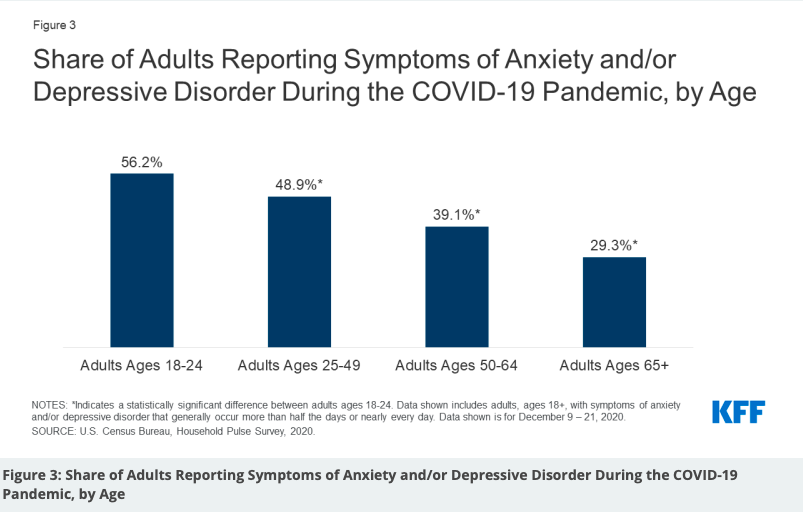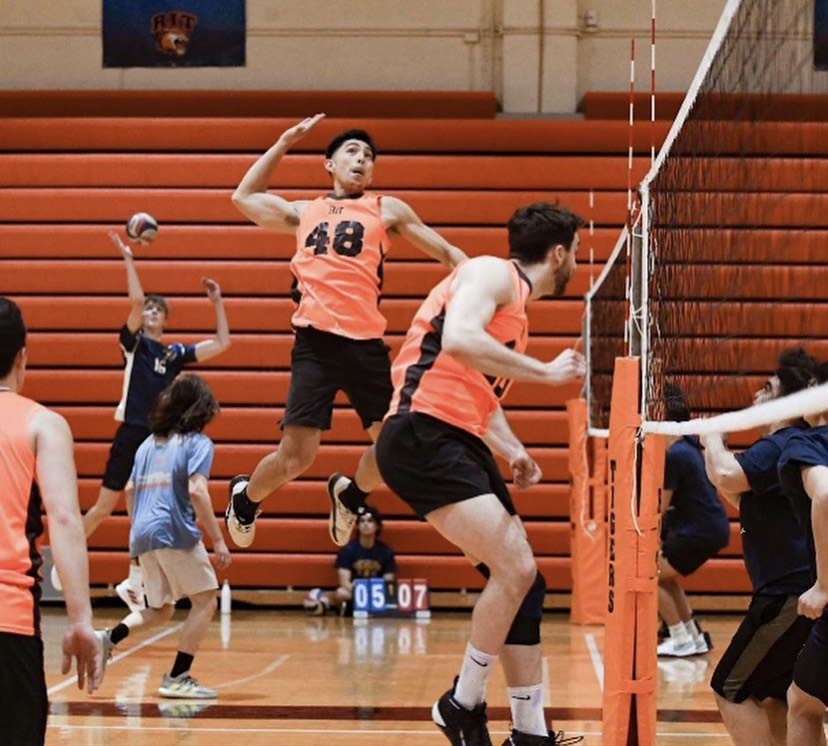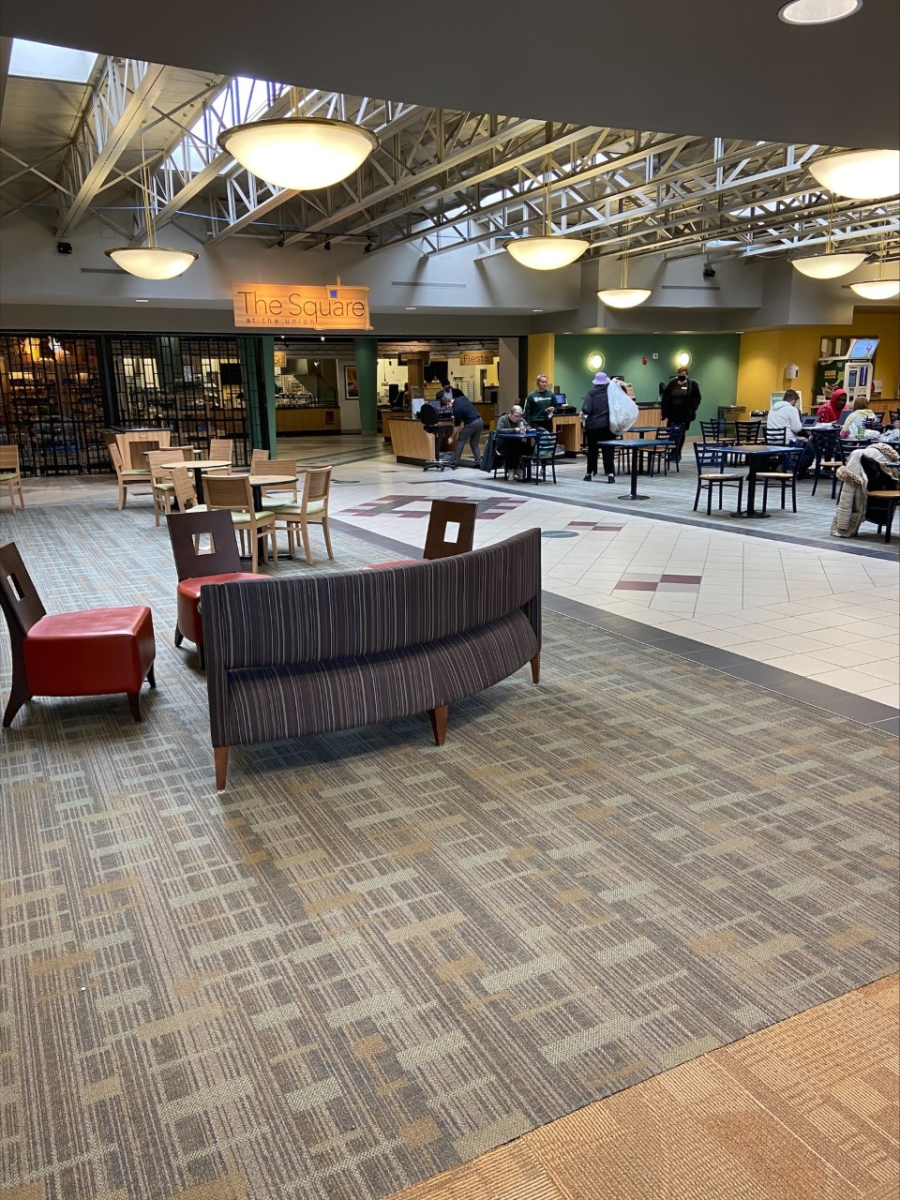While some learned to cope with the added pressure the Covid-19 pandemic brought onto their lives, others struggled to find a balance between this new stress and the stress of relationships. However, as many did manage to find a balance, other relationships failed to prosper during these stressful times.
During the pandemic, there was a rise in mental health issues—many experience intense feelings of anxiety and depression. According to Kaiser Family Foundation, young adults between the ages of 18 to 24 reported that 56 percent had feelings of anxiety or depression.
The pandemic has affected mental health in various ways, the most prominent reason being social isolation resulting in loneliness and disconnect. However, some may have experienced similar feelings in combination with their relationships.
As stress in our lives increases, the heightened risk of relationship problems and dissatisfaction occurs too. This was evident for 22-year-old Daniela Garrido’s eight-month college relationship, which began right before the pandemic.
“Before the pandemic began, we used to see each other every weekend and sometimes during the week, but we were both pretty busy with school. Then as time went on with the pandemic, we used to see each other every day, and I didn’t realize at that moment that this was too much for me,” Garrido said.
Garrido was not the only one who felt overwhelmed with the amount of time she found herself spending with her partner. According to a research article, Relationship Functioning During COVID-19 Quarantine, researchers discovered that stress from the pandemic combined with partners who need a lot of support could negatively impact a relationship.
Researchers found that partners who had attachment insecurity were more likely to delay change during the pandemic. Attachment insecurity is one of three relationship styles where fear taints a bond. Highly anxious individuals categorized in this style can find it difficult to be responsive during conflict or get support from their partner, resulting in lower satisfaction and commitment.
Garrido’s partner, who was already an anxious person before the pandemic, found it challenging to cope with the added stresses of the pandemic along with school back in 2020.
“At the end of our relationship, I saw this sudden change in him and myself. I don’t know if it was because of the pandemic, but I was like, getting annoyed by him. It became way too much so quickly that I did find myself basically ignoring him at the end,” Garrido said.
The drastic pause in life made it hard for many to adjust to change, especially for couples with different relationship styles. Garrido was a very distant partner, better known as highly avoidant. This style reduces intimacy and support, creates hostile, dissatisfying and unsuccessful problem-solving interactions, which end with lower satisfaction and commitment.
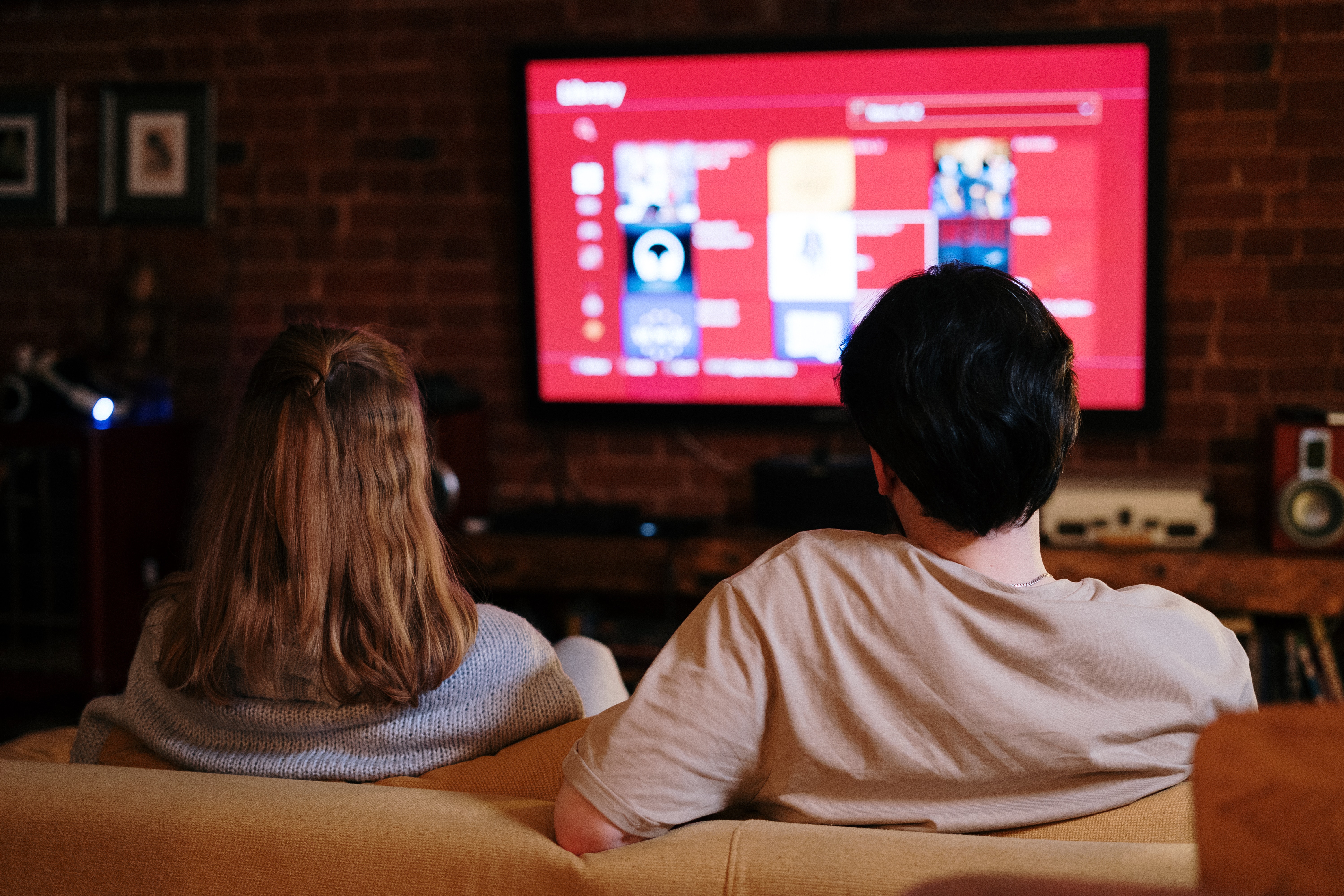
Couples were binge-watching shows together, while some enjoyed doing this activity by themselves—credited free source, Pexels.
Unfortunately, their relationship ended in June as they both went their separate ways after graduating in May. But Garrido says she is grateful for this experience as it made her realize the type of person she is in a relationship.
While many relationships struggled to learn how to cope with their partners’ stress, others failed to communicate effectively—making communication key to any healthy relationship.
SUNY Brockport communication professor Dr. Veronica Droser, who specializes in interpersonal and family communication, believes relationships are manifested through our interpersonal communication and exist within the context of their environment.
“It’s not just the physical or literal words being said or nonverbal cues we share. It’s what the impact of this [communication] is having on us as individuals and our relationships as a whole,” Droser said.
Droser believes relationships do not exist in a “vacuum.” For any relationship to survive rough patches, partners must consider what is happening in each other’s lives as well as their external environment.
But as the pandemic continued and partners saw each other less, they relied less on external and internal experiences to spark conversation as days became the same boring routine. This happened to 24-year-old Suleima Rivas, whose four-year relationship ended right at the beginning of the pandemic in April.
“To very blunt, it was very much focused on sex, cuddles, and going to dinner. For a while, that was enough for me because it was a perpetuating cycle that became like a routine that I was comfortable in. When you’re stuck at home during lockdown with nothing but your actual conversations, that’s when you see how connected you are with this person,” Rivas said.
Rivas realized the foundation of her relationship was only external experience rather than interpersonal connections. The couple had only gone about a month and a half quarantined when Rivas realized the relationship she once loved was nothing but physical.
“I feel like, through this pandemic, I learned that it’s not just the fun stuff and activities, it’s the conversation that matters. It reminded me of what a relationship is besides a really good friendship. Then, what is a good friendship? Someone you can talk to, but if you don’t have that, you don’t have a relationship,” Rivas said.
This was typical for many relationships as experiencing new things, externally and internally, allows for growth and effective communication. Subconsciously, any kind of relationship relies on external environmental contexts to spark conversation. For example, going on dates, couples might glance over the table next to them and start a discussion on that.
Yet, once quarantine and the nationwide shutdown went into effect, it removed these external elements of our daily lives forcing many to realize what more was there to their relationship.
In contrast, others took this time to practice more effective communication. Paulina Villanueva, 24, has been in a committed relationship for over eight years and said she saw a drastic change in her partner as they communicated what was wrong during quarantine.
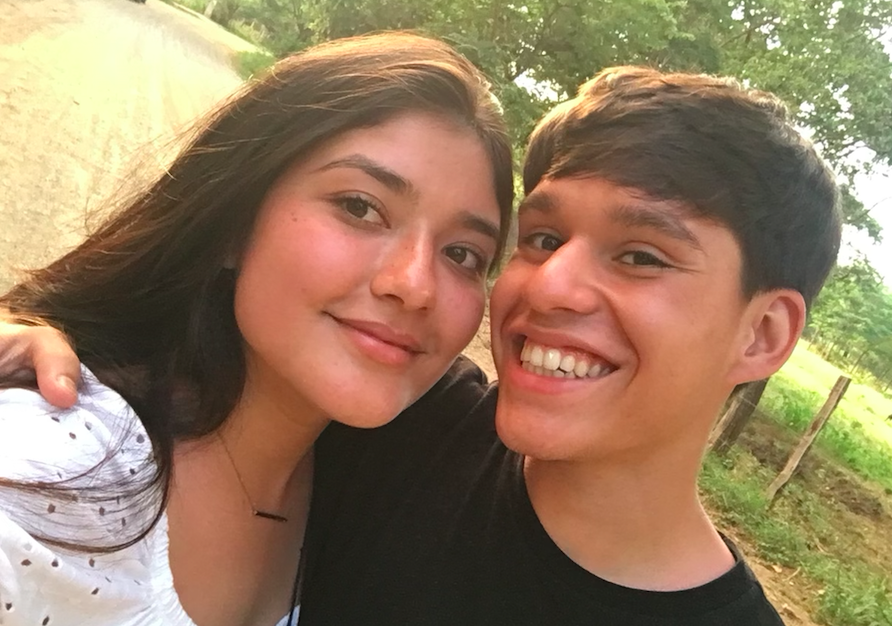
Villanueva and her partner were cautious about seeing each other and relied on facetime to talk at the beginning of the pandemic. But as time went on, Villanueva remembers getting fed up with doing nothing every day. However, since they participate in having effective communication, she is grateful to have a proactive partner.
“I think just communicating when we didn’t like something or when we did like something is what helped us during the pandemic. I told him straight up that whatever this routine is right now is not working for me at all, and him putting in the work to change it, not just him but me too, really helped us out,” Villanueva said.
Villanueva’s relationship is just one minor example of how effective communication or the ability to have an open conversation can reduce your partner’s chances of being dissatisfied. Their ability to talk through their issues and be proactive about situations allowed them to nurture their relationship through such dreadful times.
Although this was not the case for some, others found ways to balance their relationships throughout the pandemic. Nevertheless, as people continue to get vaccinated and places start to open back up, those who persevere through the challenges of being in a relationship during the pandemic can look forward to enjoying these new experiences together.






















